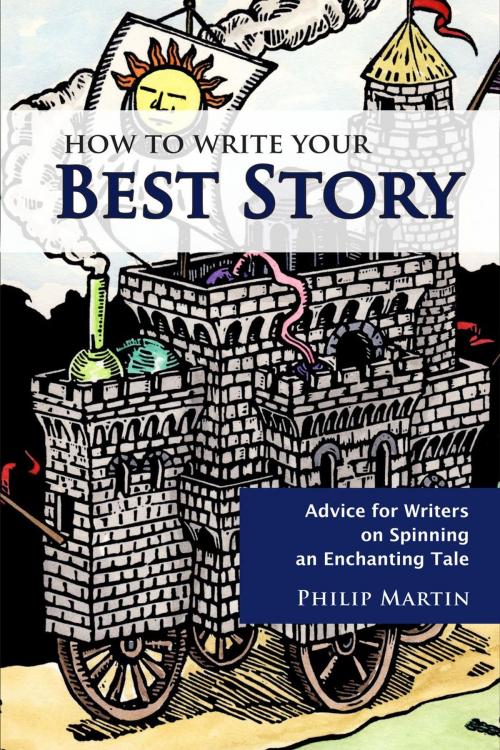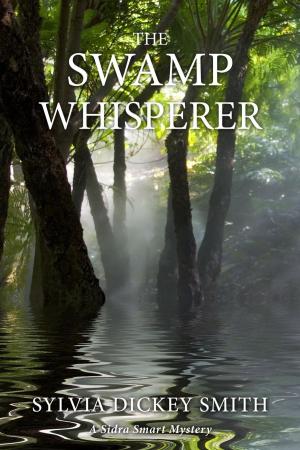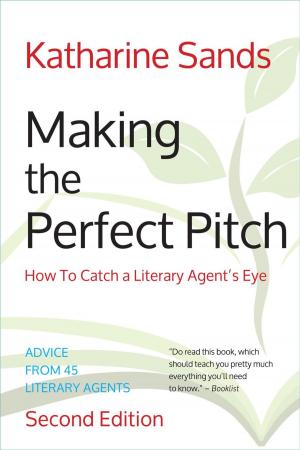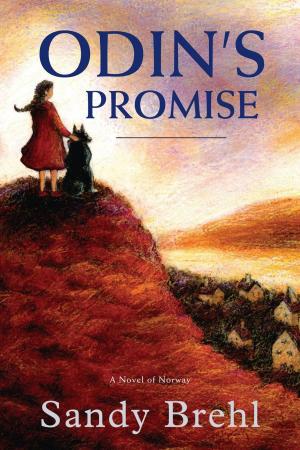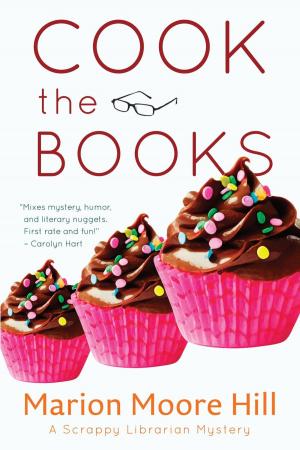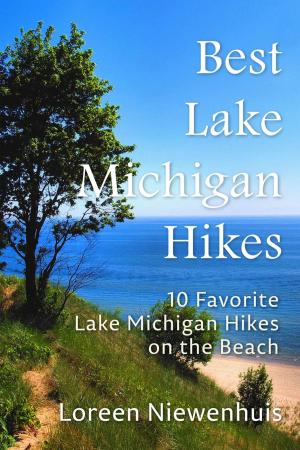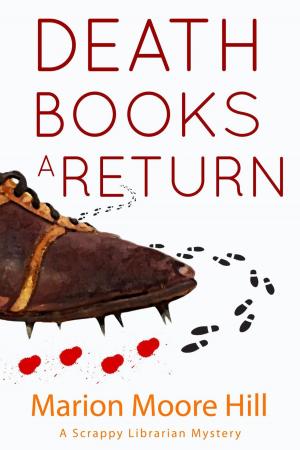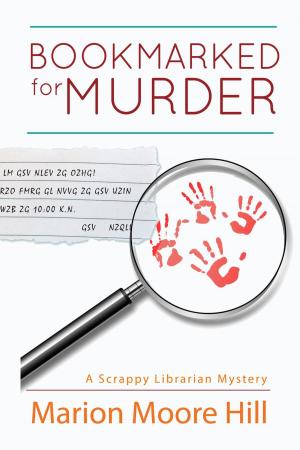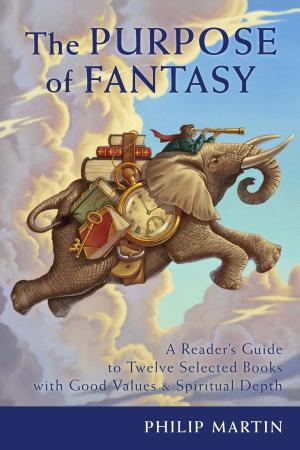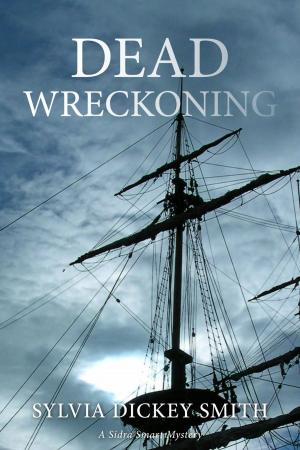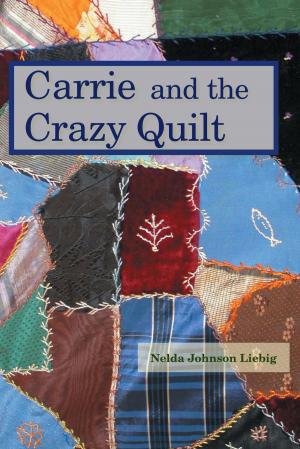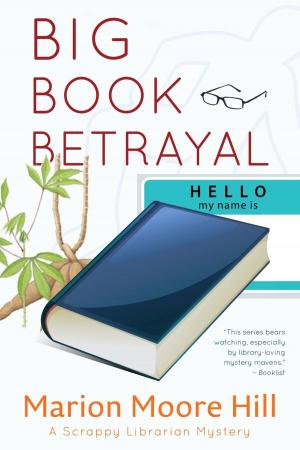How To Write Your Best Story: Advice for Writers on Spinning an Enchanting Tale (2nd Ed.)
Nonfiction, Reference & Language, Language Arts, Writing & Publishing, Writing Skills, Composition & Creative Writing, Reference| Author: | Philip Martin | ISBN: | 9781883953959 |
| Publisher: | Crispin Books | Publication: | October 21, 2017 |
| Imprint: | Language: | English |
| Author: | Philip Martin |
| ISBN: | 9781883953959 |
| Publisher: | Crispin Books |
| Publication: | October 21, 2017 |
| Imprint: | |
| Language: | English |
“I find that most people know what a story is until they sit down to write one.” – Flannery O’Connor.
Beginning writers often wonder what it takes to get published. The second edition of this practical book looks at what really makes fiction work: good storytelling!
Oddly, storytelling skills, despite their immense value to all writers, are seldom emphasized in writing courses. How To Write Your Best Story explores three key elements that fuel the magic of story: intriguing eccentricity, delightful details, and satisfying surprises.
The proven storytelling techniques are time-tested and used by the best authors, including by winners of the Nobel Prize, the Pulitzer, and National Book Award, as well as by commercially successful authors whose books appear on bestseller lists and whose work is treasured by generations of fans.
Written by an accomplished editor and indie-press publisher, this guide draws on the author’s decades of experience in the book trade, studying what really works for emerging writers and editing many books of advice on literary craft and career development.
The practical tips, techniques, and examples of best practices here draw on the work of great literary storytellers – from Shakespeare, Dickens, Robert Louis Stevenson, and Mark Twain to Willa Cather, E.B. White, and James Thurber to Neil Gaiman, Ivan Doig, and Patrick Rothfuss.
How To Write Your Best Story will help you understand how to craft better fiction (or nonfiction) and to get your best work published.
ABOUT THE AUTHOR
Philip Martin is an experienced editor of many books of advice for authors. Previously acquisitions editor for The Writer Books, he has also written A Guide to Fantasy Literature and The Purpose of Fantasy, as well as award-winning books on traditional culture.
He lives in Milwaukee, Wisconsin, where he directs Great Lakes Literary, offering editorial services and websites for authors.
“I find that most people know what a story is until they sit down to write one.” – Flannery O’Connor.
Beginning writers often wonder what it takes to get published. The second edition of this practical book looks at what really makes fiction work: good storytelling!
Oddly, storytelling skills, despite their immense value to all writers, are seldom emphasized in writing courses. How To Write Your Best Story explores three key elements that fuel the magic of story: intriguing eccentricity, delightful details, and satisfying surprises.
The proven storytelling techniques are time-tested and used by the best authors, including by winners of the Nobel Prize, the Pulitzer, and National Book Award, as well as by commercially successful authors whose books appear on bestseller lists and whose work is treasured by generations of fans.
Written by an accomplished editor and indie-press publisher, this guide draws on the author’s decades of experience in the book trade, studying what really works for emerging writers and editing many books of advice on literary craft and career development.
The practical tips, techniques, and examples of best practices here draw on the work of great literary storytellers – from Shakespeare, Dickens, Robert Louis Stevenson, and Mark Twain to Willa Cather, E.B. White, and James Thurber to Neil Gaiman, Ivan Doig, and Patrick Rothfuss.
How To Write Your Best Story will help you understand how to craft better fiction (or nonfiction) and to get your best work published.
ABOUT THE AUTHOR
Philip Martin is an experienced editor of many books of advice for authors. Previously acquisitions editor for The Writer Books, he has also written A Guide to Fantasy Literature and The Purpose of Fantasy, as well as award-winning books on traditional culture.
He lives in Milwaukee, Wisconsin, where he directs Great Lakes Literary, offering editorial services and websites for authors.
